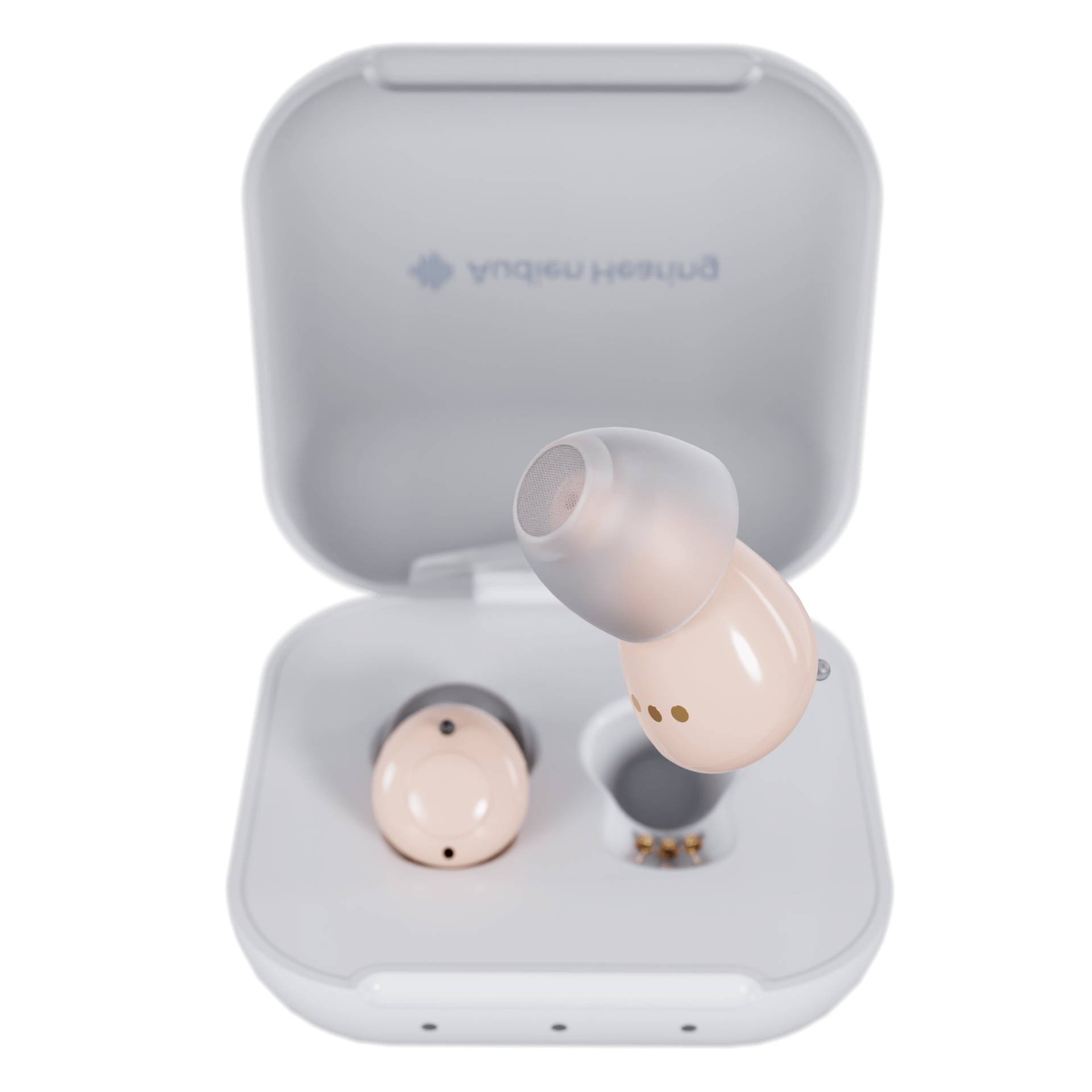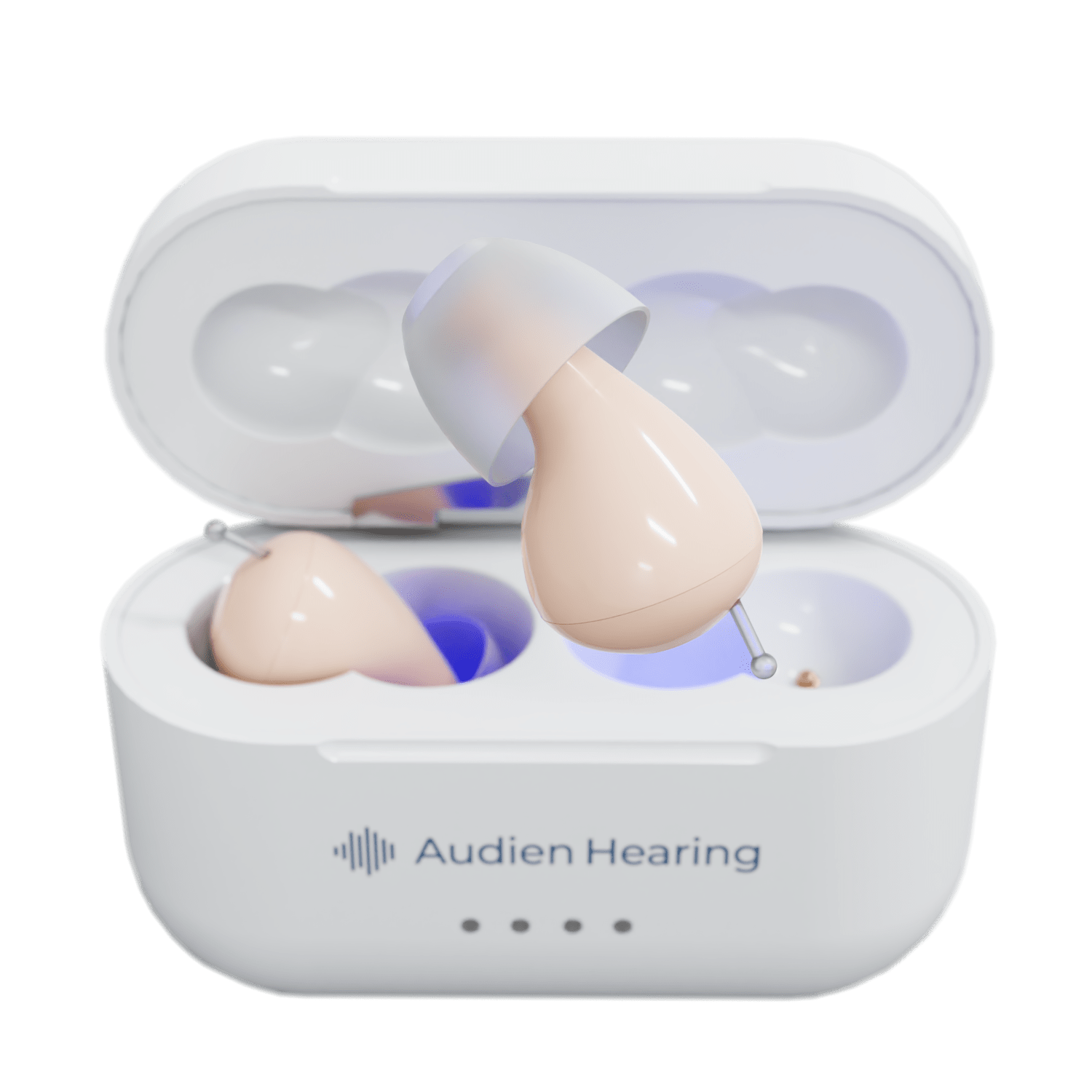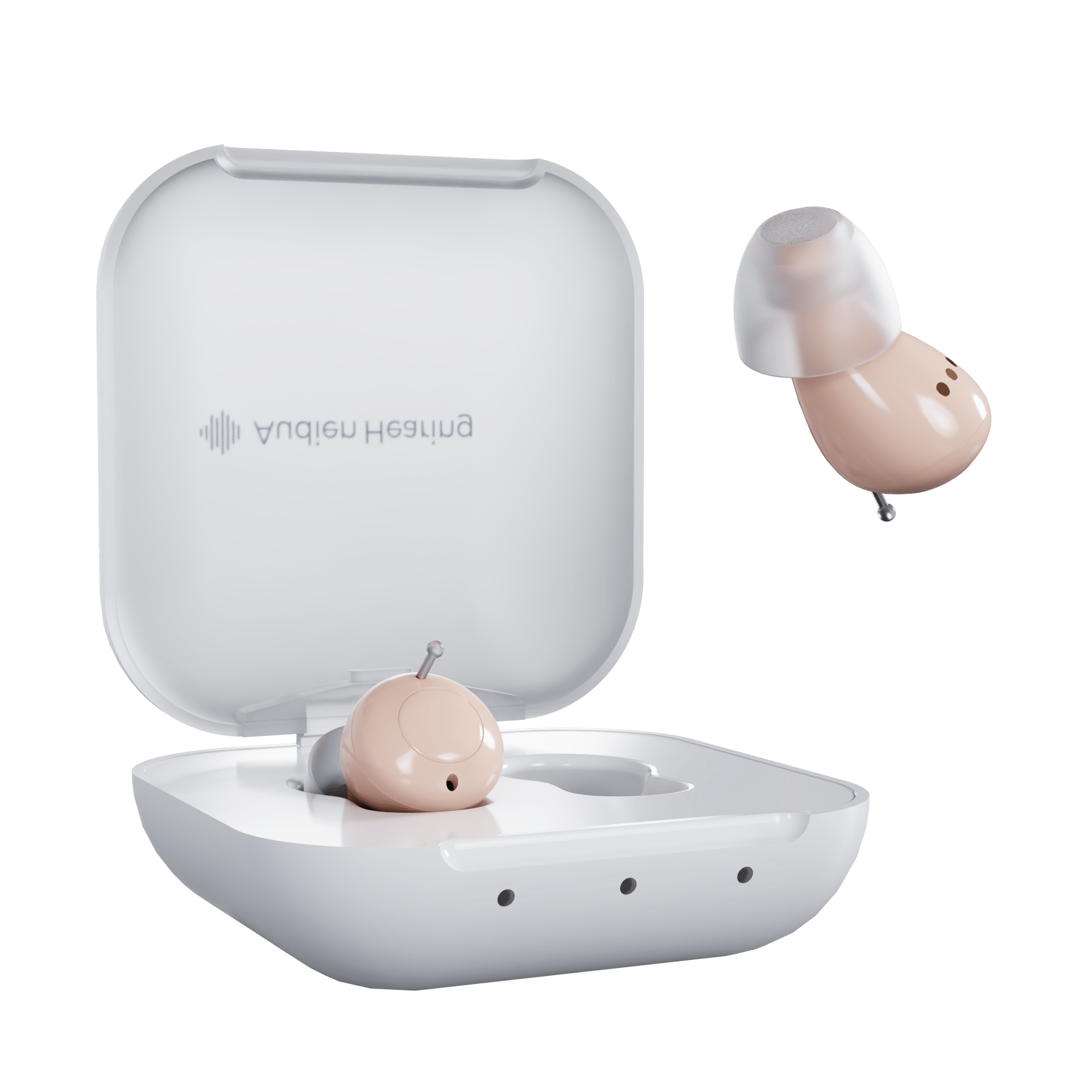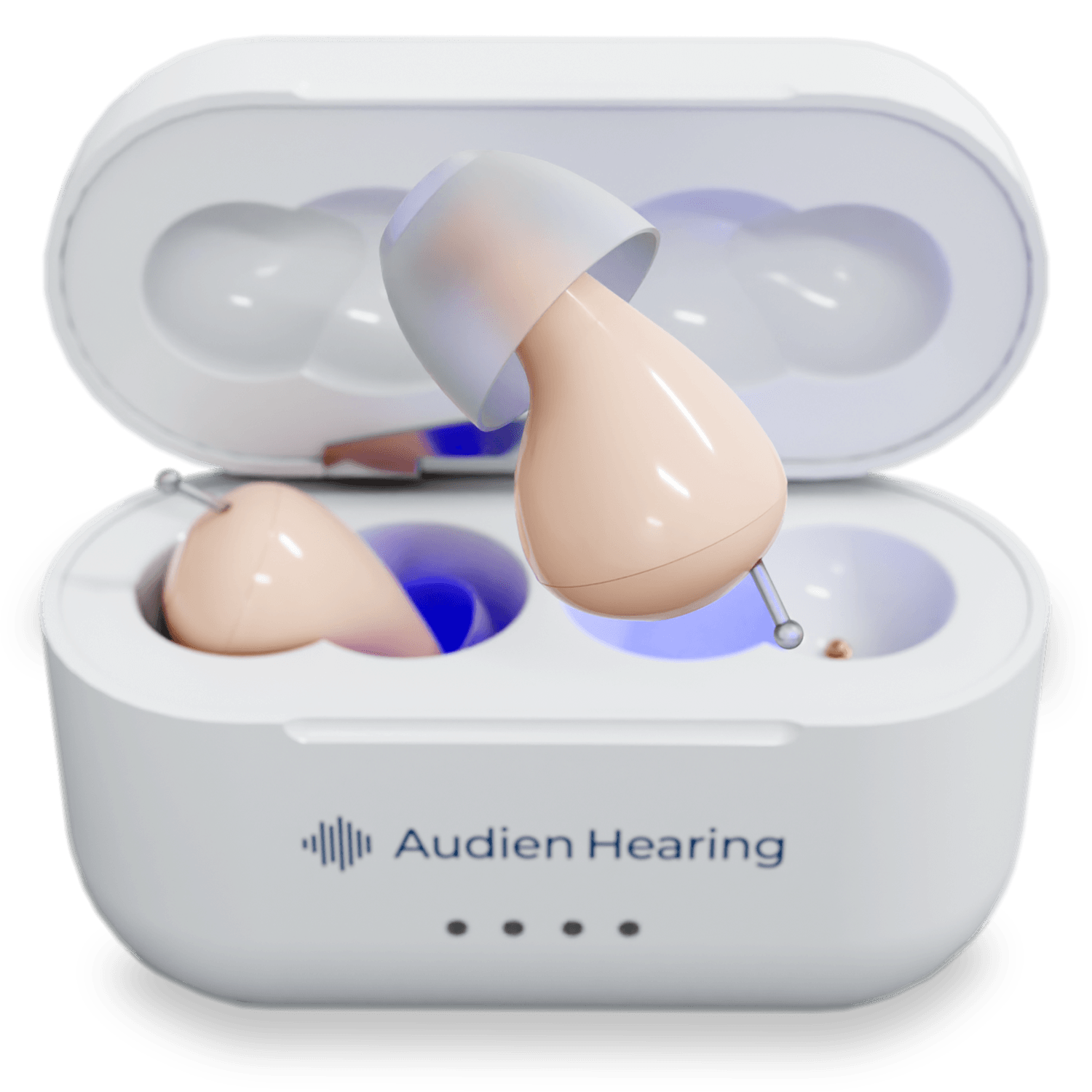When it comes to maintaining overall well-being, it's easy to overlook the importance of hearing health. However, recent research has highlighted the significant impact that hearing loss can have on cognitive function.
The good news is that hearing aids can play a pivotal role in preserving brain health. In this article, we'll delve into five compelling reasons why hearing aids are beneficial for your brain.
1. Slowing Down Cognitive Decline
Hearing loss has been linked to accelerated cognitive decline, affecting memory, attention, and processing speed. The brain's intricate network relies on constant stimulation to stay active and engaged.
Hearing aids come to the rescue by providing the auditory input necessary to keep your brain on its toes. Regular use of hearing aids ensures that your brain receives the necessary auditory signals, which in turn keeps the neural pathways active and functional.
By preventing the underutilization of certain brain regions, hearing aids can contribute to maintaining cognitive vitality as you age.

2. Lowering the Risk of Alzheimer's and Dementia
Emerging studies have unveiled a significant connection between untreated hearing loss and an increased risk of developing Alzheimer's disease and other forms of dementia.
The exact mechanisms are still being researched, but it's believed that the brain's struggle to process auditory information due to hearing loss can lead to cognitive overload.
This, in turn, may contribute to the accumulation of cognitive deficits over time. By wearing hearing aids, you can mitigate this risk by providing your brain with the auditory input it needs to stay engaged and functioning optimally.

3. Enhancing Social Engagement
Maintaining an active social life is vital for brain health. Individuals with untreated hearing loss often experience social isolation due to difficulties in communication.
This isolation can lead to feelings of loneliness and depression, which are known to have negative effects on cognitive function. Hearing aids enable you to stay connected with loved ones, engage in conversations, and participate in social activities without straining to hear.
By fostering social connections, hearing aids indirectly contribute to a healthier and more resilient brain.

4. Stimulating Auditory Processing
When you experience hearing loss, your brain must work harder to process sounds and decipher speech. This extra effort can lead to mental fatigue and cognitive strain.
Hearing aids alleviate this burden by amplifying sounds and making them easier to process. By providing clear auditory input, hearing aids reduce the cognitive load on your brain, allowing it to allocate its resources more efficiently to other cognitive tasks such as memory retention and problem-solving.

5. Preserving Brain Structure
Neuroplasticity, the brain's ability to adapt and reorganize itself, is essential for maintaining cognitive function. Untreated hearing loss can lead to a decline in the brain's ability to rewire itself in response to new information and experiences.
While hearing aids don’t fully reverse the effects of auditory deprivation, they can help re-engage sound-processing areas of the brain, supporting neuroplasticity over time. Hearing aids help maintain the brain's plasticity by providing consistent auditory input. This stimulation encourages the brain to stay flexible, adaptive, and ready to learn, ultimately contributing to improved cognitive abilities.

Conclusion
The intricate relationship between hearing health and brain function underscores the importance of taking care of your auditory well-being. By embracing hearing aids, you not only enhance your hearing but also empower your brain to stay active, engaged, and resilient.
From slowing down cognitive decline to lowering the risk of Alzheimer's and dementia, the benefits of wearing hearing aids extend beyond hearing itself, making them an essential tool for maintaining a healthy brain as you age.
To take control of your brain health, consider trying a pair of Audien Hearing aids. Starting at just $189/pair, they're a low-risk option to try when it comes to treating your hearing loss.













